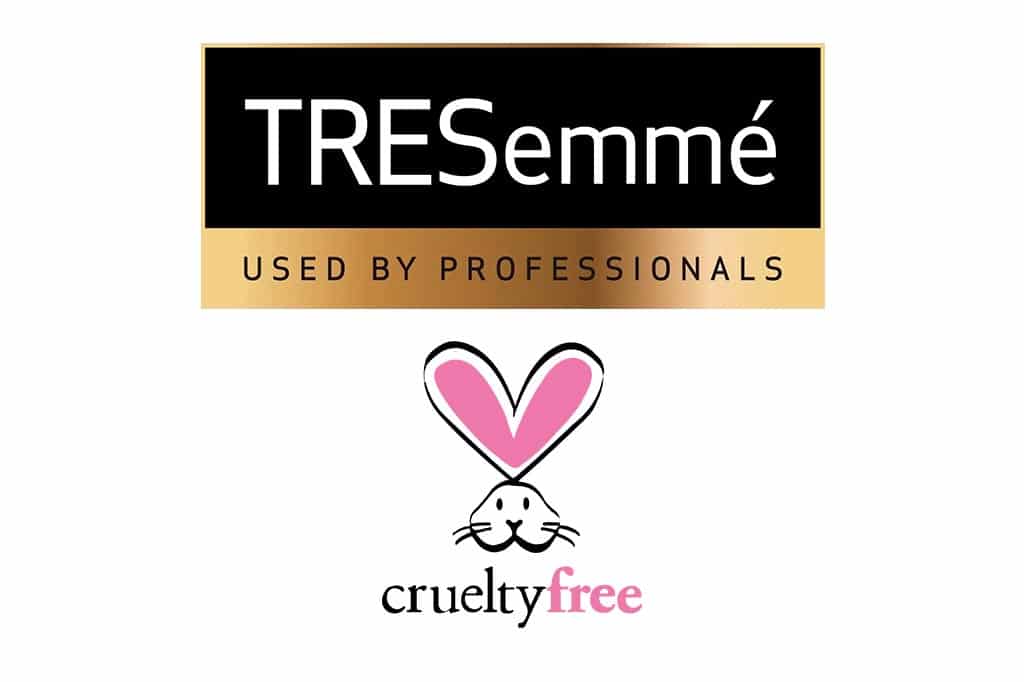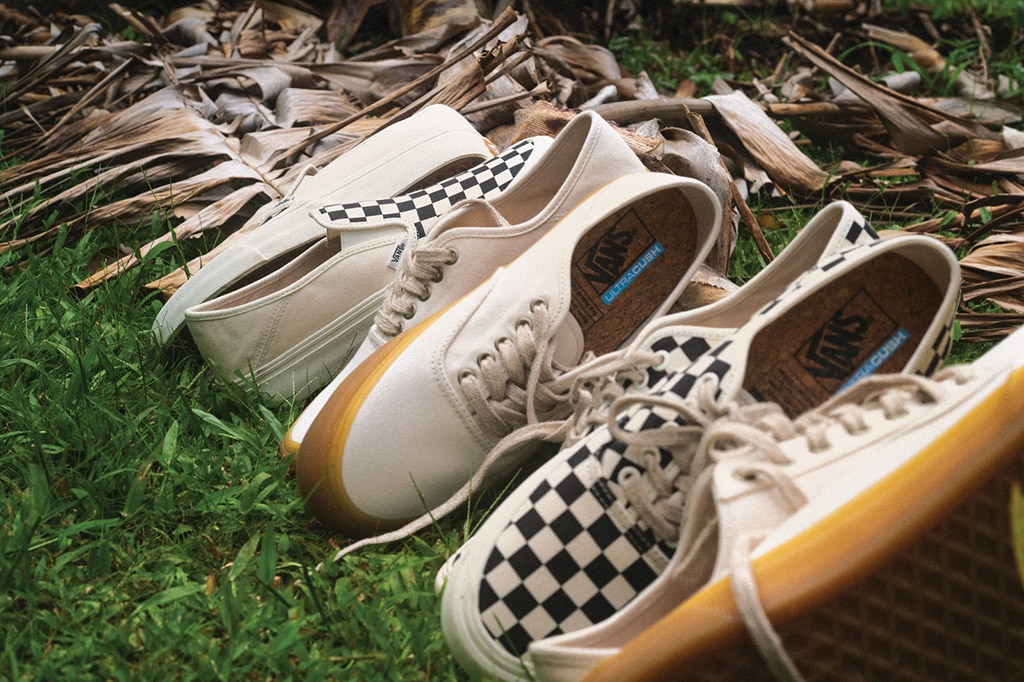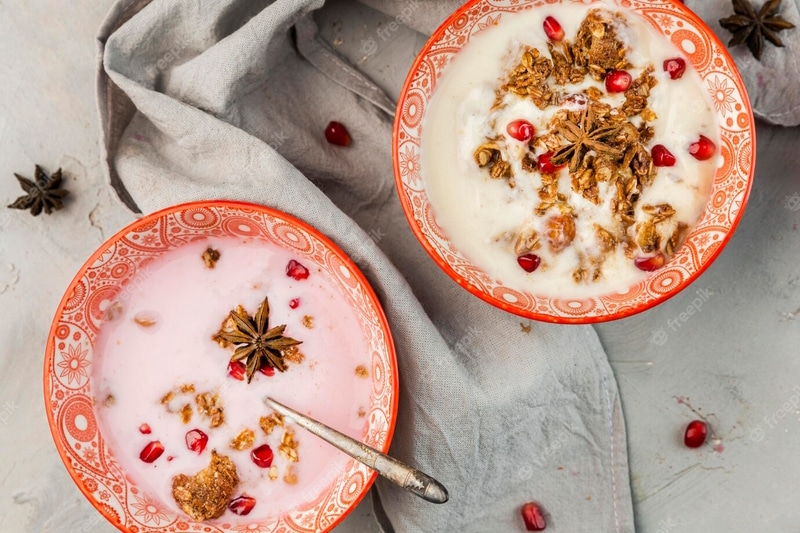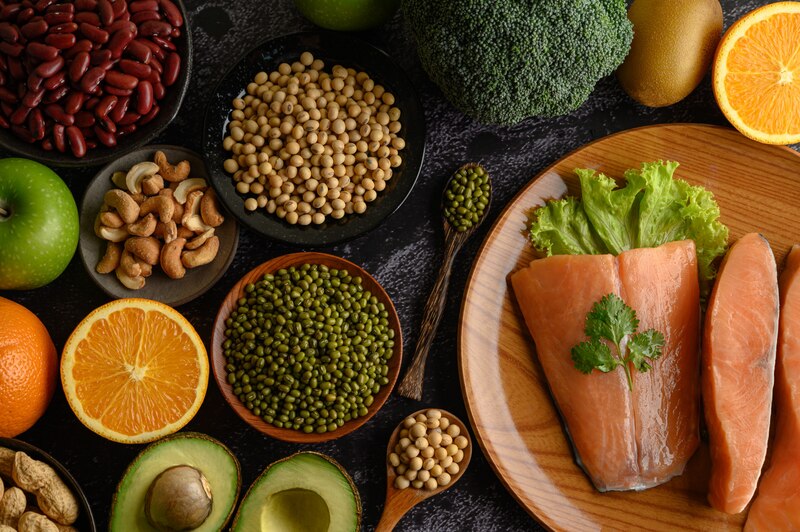Unilever-owned brand TRESemmé announced this week that it will no longer test its products on animals anywhere in the world starting in January 2022.
“Not testing any of our products on animals is critical to our values at TRESemmé, PETA’s Beauty without Bunnies Program is recognised worldwide for its high-quality standards and rigour, and we are proud to be a brand that is officially PETA Approved. With TRESemmé’s range of professional quality products, [people] can own their personal style while knowing that none of our products are tested on animals.”
Berengere Loubatier, TRESemmé Global Brand Vice President
The brand is now certified cruelty-free, however, this doesn’t mean that its products are vegan (since they may contain animal-related ingredients). In a previous statement, the company that its beauty products may contain traces of animal by-products such as milk, honey, silk, lanolin, tallow, and keratin among others.
Unilever has compromised to make a long-term investment in non-animal safety science and TRESemmé is its 24th brand to go cruelty-free, a long list which includes The Dove Company. In 2018, Unilever joined Humane Society International’s #BeCrueltyFree initiative and will ban animal testing completed by the end of 2023.
Procter & Gamble, Unilever’s main competitor is also working with PETA developing non-animal testing methodologies and has also some of its brands banning animal testing in recent years. In 2019, its drugstore hair care brand Herbal Essences committed to never testing on animals companywide, including in China. The company currently sells its products in China—where animal testing is still mandatory for certain goods—but is working within Chinese regulations to avoid animal testing. Last year, Procter & Gamble’s deodorant brand Secret joined the Global Beauty Without Bunnies program, as well.
Last March, also Garnier Fructis joined the Leaping Bunny certification. The brand—which encompasses a portfolio of brands such as Nurtrisse, Fructis, Olia, Color Sensation, SkinActive, and Whole Blends—is one of the largest global brands to obtain the gold standard approval of the program. However, Garnier’s parent company, L’Oreal, continues to test on animals when required by law.
We keep seeing all mayor brands rejecting testing beauty products and ingredients on animals, state governments across the United States are banning this practice. The Humane Cosmetics Act—first introduced by bipartisan politicians, including vegan Senator Cory Booker (D-NJ), in 2019—wants to ban cosmetic animal testing on a federal level. Should the US government pass the Humane Cosmetics Act—which is supported by 900 companies— it would join a growing list of 40 countries to enact such legislation, including the United Kingdom, Israel, Australia, and South Korea.







